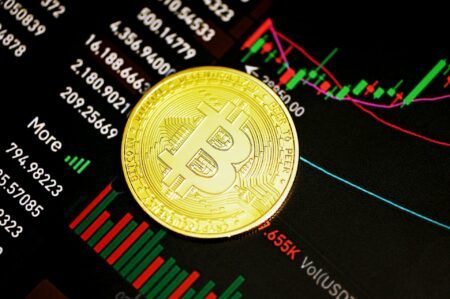In a blog post published yesterday, FinTech firm Ripple shared its perspective on last week’s court ruling that declared that the XRP token by itself is not a security.
To recap, the lawsuit initiated by the SEC in December 2020 alleged that Ripple Labs and its executives Bradley Garlinghouse and Christian A. Larsen unlawfully offered and sold securities, contravening Section 5 of the Securities Act of 1933. After a series of hearings and deliberations, Judge Analisa Torres, a district judge at the United States District Court for the Southern District of New York, gave her ruling on July 13, 2023.
Here is what Judge Torres said about the XRP token:
“XRP, as a digital token, is not in and of itself a “contract, transaction[,] or scheme” that embodies the Howey requirements of an investment contract.“
Ripple says this is the first industry win against the SEC and sets a precedent for other crypto assets, tokens, and securities regulation in the United States.
Ripple’s blog post emphasizes that the case was always about one thing: whether XRP, a crypto token, could be an investment contract and therefore a security under the law. According to Ripple, the Court unequivocally stated that XRP, as a digital token, is not in and of itself a security. Ripple’s blog post further states that last week’s ruling clarifies that the SEC’s theory—that crypto tokens standing alone are securities—has no legal support.
Ripple’s CEO, Brad Garlinghouse, is quoted in the blog post as saying,
“The Court’s decision marks a historic occasion not only for the company but also for the crypto market at large. We’ve said since the earliest days of the lawsuit that Ripple would be on the right side of the law, and the right side of history. Progress is worth fighting for. This decision is a significant blow to the agency’s regulation by enforcement agenda, and I hope we will soon look back at this decision as the turning point for Congress to act and set clear rules of the road for crypto in the U.S.”
Ripple’s blog post also highlights that the Court found that, as a matter of law, Ripple’s XRP sales on exchanges, XRP sales by Ripple executives, and Ripple’s XRP distributions to developers, charities, and employees are not securities.
Ripple’s Chief Legal Officer, Stu Alderoty, is quoted in the blog post as saying,
“In its ruling, the Court distinguished between the token itself, and the manner in which it was sold declaring XRP, in and of itself, is not an investment contract. This decision will have profound consequences on how digital tokens are classified in the U.S. moving forward. The Court’s ruling can now be used by others in the agency’s crosshairs. The SEC can no longer tout their record in crypto – which was, up until now, by and large settlements with players that didn’t have the resources or conviction to fight back.”
According to Ripple’s blog post, further Court proceedings are only on certain contractual sales to institutional investors (the Court determined those contracts to be securities not the token itself) per the Court’s order, and that everything else is settled as a matter of law.
Ripple’s blog post concludes by stating that Ripple’s pursuit of sound crypto regulation in the U.S. is far from concluded; in fact, this is just the beginning. In the meantime, Ripple will continue to invest in jurisdictions that have embraced clear regulatory frameworks. Last month, the Monetary Authority of Singapore granted Ripple an In-Principle Approval (IPA) for a Major Payments Institution License.
Ripple’s blog post also notes that exchanges in the US that had previously delisted XRP (based on uncertainty around whether it was a security) have either already re-listed XRP or announced plans to, including Coinbase, Kraken, Gemini, Bitstamp, and others.
Featured Image Credit: Photo / illustration by vjkombajn via Pixabay









